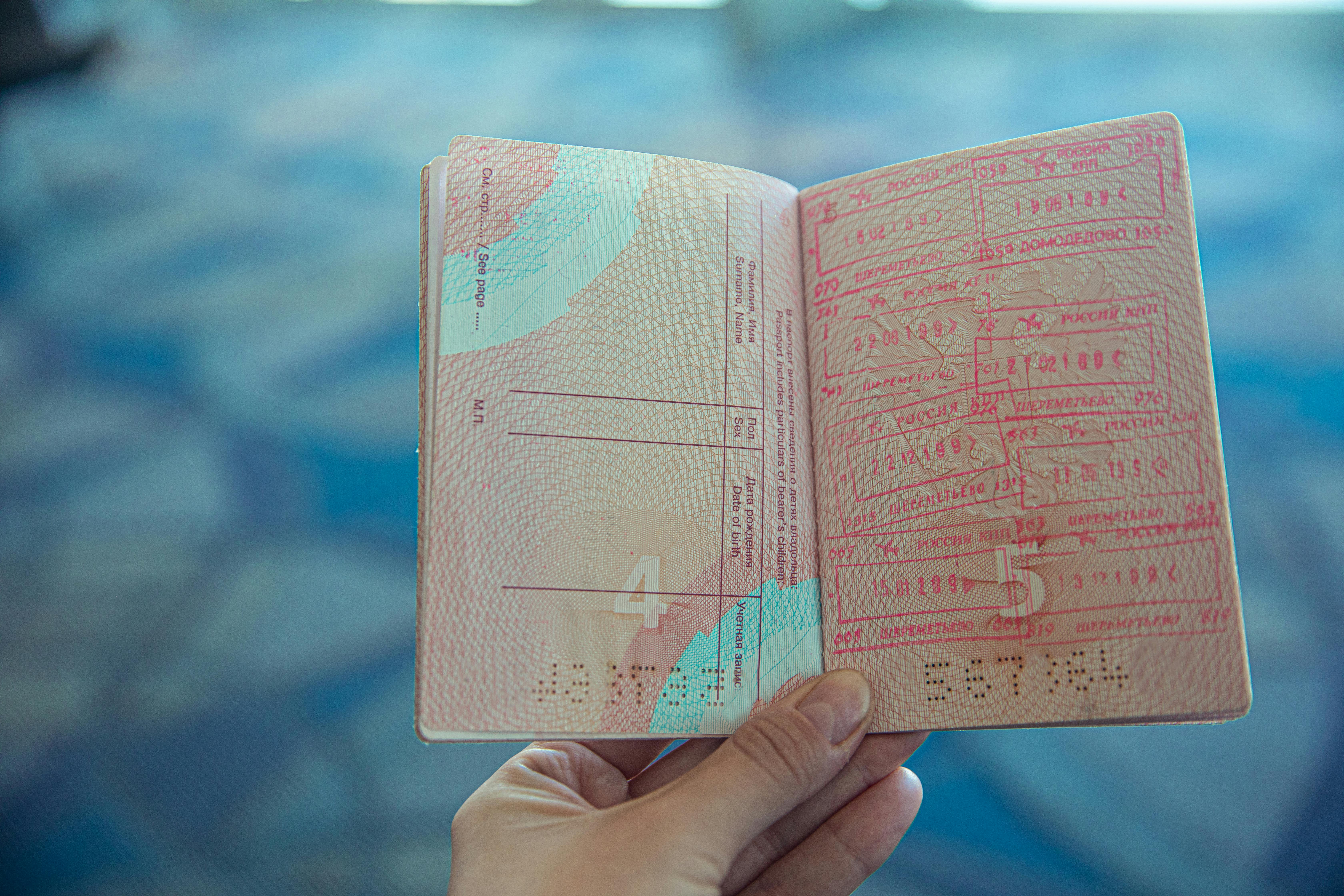
Introduction
In recent years, the process of applying for a U.S. visa has seen significant changes, particularly in the information that applicants are required to disclose. One of the most notable updates is the mandatory inclusion of social media handles on the DS-160 application form. This requirement affects all non-resident visa seekers, most notably those in India. In this blog post, we will explore the implications of this rule, what it entails for applicants, and how it aligns with the broader goals of U.S. national security.
The New Rule Explained
As stated by the U.S. Embassy in India, all visa applicants must now provide a complete list of social media usernames that they have used in the past five years. This new requirement is part of a heightened security protocol aimed at ensuring a transparent visa application process. Here are the prominent platforms involved in this disclosure:
- X (formerly Twitter)
- TikTok
- YouTube
Applicants are required to list both active and inactive accounts, meaning even handles that have not been used recently but were created in the last five years must be accounted for. This extensive collection of data is part of the U.S. government’s initiative to enhance security measures and assess potential risks to the nation.
Consequences of Non-Disclosure
Failing to include your social media profiles can lead to serious repercussions during the visa application process. Here are some potential consequences:
- Immediate denial of visa.
- Extended processing times due to further scrutiny.
- Flagging of your application for future visa considerations.
Inaccuracies in reporting social media handles can be viewed as intentional misinformation, which could jeopardize not just the current application but also any future ambitions of traveling to the United States.
Why This Information Is Necessary
The U.S. Department of State insists that collecting social media information is an essential part of bolstering national security protocols. Authorities argue that social media activity can offer insights into a person’s identity and behavior, helping to identify potential criminal or security risks. The use of online data in immigration processes is not a unique phenomenon; many countries are adopting similar measures to ensure safety and security at their borders.
By implementing these requirements, the U.S. emphasizes the importance of understanding the digital footprint of visa applicants. This approach not only contributes to national security but also assists in verifying the authenticity of a person’s identity.
Steps for Applicants
If you are preparing to apply for a U.S. visa, here are several crucial steps to follow:
- Review all social media accounts used over the last five years.
- Make a comprehensive list of all relevant usernames, ensuring accuracy.
- Include every platform, even if you believe there is little to no activity; even minor accounts can be significant.
- Maintain transparency; it is always wiser to disclose than to withhold.
Taking these steps will help ensure that your application is complete and up to date, reducing the risk of complications during processing.
Conclusion
This new regulation serves as a stark reminder of the profound intersection between digital presence and immigration policies. As digital footprints become increasingly important in identity verification, visa applicants must approach the DS-160 form with honesty and diligence. It is particularly important for students, professionals, and travelers to understand that this is not just a bureaucratic formality; it is a crucial step toward achieving U.S. visa approval.
Staying informed about the requirements set forth by the U.S. Embassy, and following official updates will facilitate a smoother visa application process. The holistic implications of revealing personal social media accounts highlight the way our online lives are becoming inseparable from our real-world identities. For more updates on visa policies and technology insights, readers are encouraged to stay connected to reliable sources.
